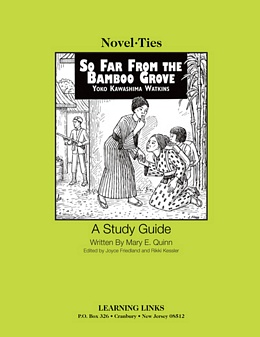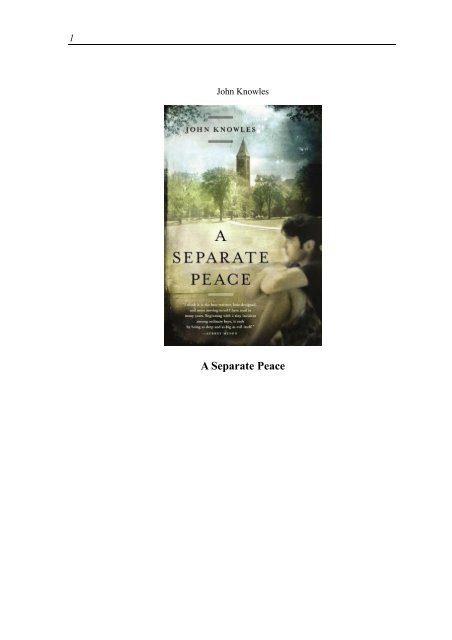So Far From The Bamboo Grove Pdf Reader
In May 2006, the summer-reading committee in the author's middle school debated the relevance of 'So Far from the Bamboo Grove' by Yoko Kawashima Watkins and decided against using the book as a required summer-reading selection. Therefore, the author was interested in the controversy that erupted a few months later in Dover-Sherborn, a district near Boston, where Korean American parents protested the book as required reading. 'So Far from the Bamboo Grove' has been read in the New England area for more than a decade. The author is one of sixty recommended by the Massachusetts Department of Education for grades 5 through 8. The book is a compelling read, and such books are always in demand. Written by a Japanese American woman about the Japanese experience during World War II, the book addresses the multicultural requirements of progressive curricula and also fits as historical fiction. By portraying the dissolution of an eleven-year-old's comfortable lifestyle-from privileged kid to desperate garbage-picker-the book prompts youngsters to reflect on the transience of good fortune.

By graphically depicting the ravages of war, the book has an anti-war theme, and The Peace Abbey has given Watkins its Courage of Conscience Award. So what's not to like? Quite a bit, but the story's darker side becomes accessible only if teachers look beyond the plaudits and become more critically aware of the troubled history of the Japanese in East Asia and of the text itself. 'So Far from the Bamboo Grove' has a myopic focus, severely underreporting the historical context. By spinning a suspenseful, dramatic story, the book misleads readers into accepting its portrayal of vulnerable, set-upon Japanese refugees as the all-inclusive historical reality.
Worse, a superficial reading of the book deepens everybody's ignorance of Imperial Japan's atrocities and all but guarantees that Holocaust-like war crimes will remain beyond the ken of the majority of Americans, young readers in particular-as those crimes have for more than six decades. Thus, the author states that teachers' vision should not be myopic nor their sensibilities naive. Their perspective must be broad and deep and as fully sensitive to historical context as possible.

Chapter 10 SummaryAfter the ten-day school vacation for New Year's, Yoko discovers that a newspaper is holding an essay contest, with the top prize of ten thousand yen. She enters the contest and wins the top prize, but the subject of her essay is critical about the way the other school children treat her, and this does not please the students or teachers.A week later the principle calls Yoko into his office. He has a letter from Corporal Matsumura, who now lives in Kyoto. Testors decal maker program.
So Far From The Bamboo Grove Summary
Corporal Matsumura recognized Yoko's name when it appeared in the paper with the winning essay, and he wants to make contact. Yoko tells Ko about the letter, which contains a reply postcard, and mails the card with contact information. Two days later, the Corporal appears at Yoko's school. They ride together in the streetcar to the warehouse.Corporal Matsumura tells.This section contains 409 words(approx. 2 pages at 400 words per page).
News
- Stephen Gately New Beginning Rar Extractor
- Sanjeev Chattopadhyay Ebooking
- Download Free Object Oriented Thought Process 4th Edition
- Installing Garageband Jam Packs On Lion
- Escribien Pro Spanish Spell Checker
- Windows Xp Reborn Isotonic
- Turbo Pascal Befehle Pdf Free
- Eee Pc 701 Usb 2.0 Driver
- Arnheim Arte E Percezione Visiva Pdf Merge